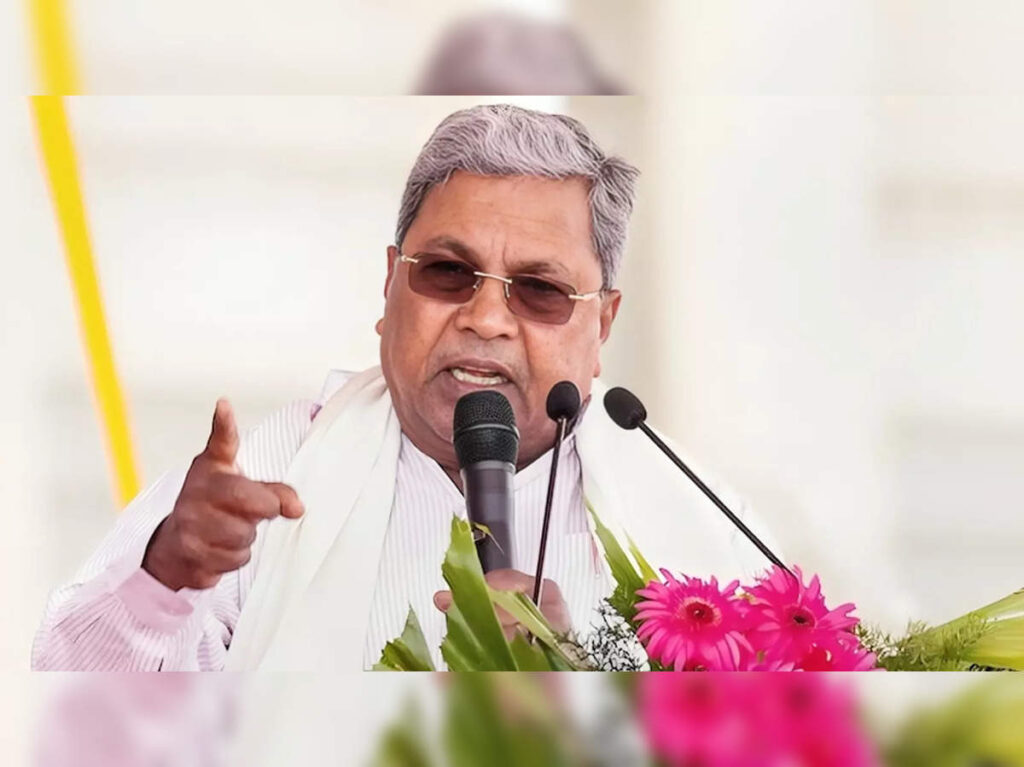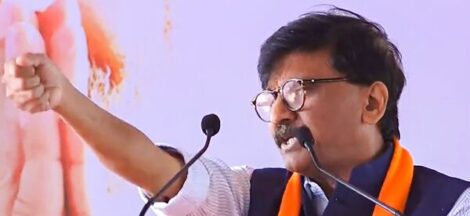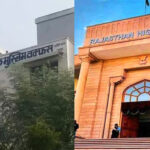Karnataka’s caste census has ignited significant discord within the state’s ruling party, as internal factions clash over the survey’s findings and their potential implications on the state’s reservation policies. The survey, commissioned in 2015 during Chief Minister Siddaramaiah’s previous tenure, aimed to provide a comprehensive socio-economic and educational profile of the state’s diverse communities.
Chief Minister Siddaramaiah has expressed unwavering support for the survey’s findings, advocating for their implementation to ensure equitable representation for historically marginalized groups. His stance aligns with the broader party narrative promoting social justice and inclusivity. However, this position has met resistance from within his own cabinet.
Deputy Chief Minister D.K. Shivakumar, representing the influential Vokkaliga community, has voiced concerns over the survey’s methodology and accuracy. He, along with other prominent leaders from the Vokkaliga and Lingayat communities, has labeled the survey as “unscientific,” urging for its rejection and the commissioning of a new, more accurate study. Their apprehensions stem from leaked data suggesting a significant reduction in their communities’ population percentages, which could potentially affect their current reservation entitlements.
The survey’s findings indicate that Dalits constitute the largest demographic group in the state, a revelation that challenges the traditional dominance of the Vokkaliga and Lingayat communities in Karnataka’s socio-political landscape. This shift has intensified debates over the equitable distribution of resources and representation.
Adding to the controversy, a key document detailing the survey’s methodology has reportedly gone missing, further fueling skepticism about the survey’s credibility. Despite this, the core data remains intact, and the Karnataka State Commission for Backward Classes has been granted an extension to finalize and submit the report.
The internal rift within the ruling party is evident, with leaders like Minister Priyank Kharge advocating for the survey’s release and implementation, emphasizing the need for transparency and data-driven policy decisions. Conversely, others caution against potential political fallout, especially with upcoming elections on the horizon.




 Rajasthan Government Seeks Role in Supreme Court Battle Over Waqf Law
Rajasthan Government Seeks Role in Supreme Court Battle Over Waqf Law 